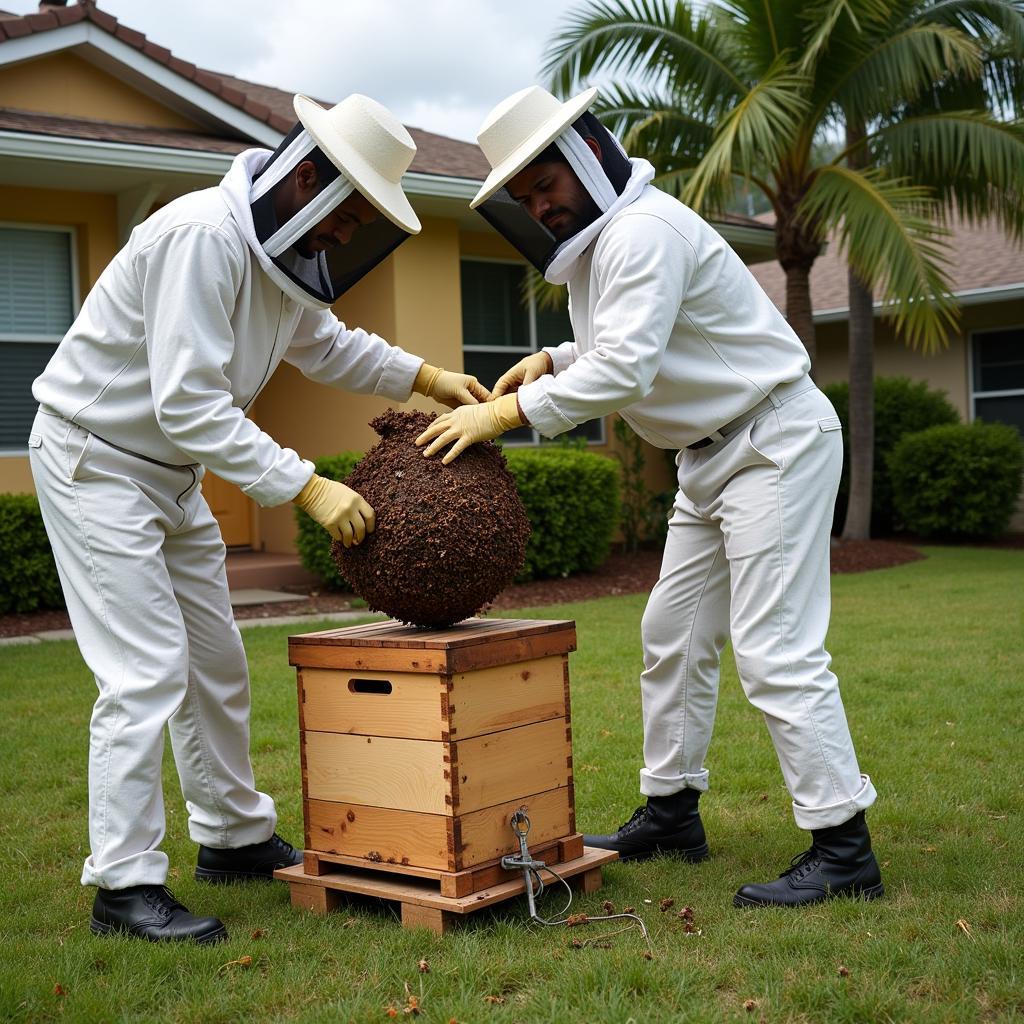The Voracious African Bullfrog: Eating Habits That Will Astound You
The African bullfrog, known scientifically as Pyxicephalus adspersus, is a fascinating creature with an equally fascinating diet. These hefty amphibians are renowned for their voracious appetites and will consume almost anything they can overpower and swallow. Let’s delve into the intriguing world of the African bullfrog and uncover the intricacies of its eating habits.
What Does the African Bullfrog Eat?
The African bullfrog is a carnivore, which means its diet consists primarily of meat. They are opportunistic feeders, meaning they will consume a wide variety of prey depending on availability and opportunity. Their diet includes:
- Insects: A staple for younger bullfrogs, insects like grasshoppers, crickets, and cockroaches provide essential nutrients.
- Rodents: As the bullfrog grows larger, it can tackle more substantial prey. Mice, rats, and even shrews can become meals.
- Birds: These frogs are capable of ambushing small birds that come within striking distance.
- Reptiles: Lizards, snakes (even venomous ones!), and smaller frogs are all fair game for the African bullfrog.
- Other Amphibians: They are not afraid to turn cannibalistic, consuming smaller frogs, including those of their own species.
How Does the African Bullfrog Hunt?
The African bullfrog is an ambush predator, relying on stealth and camouflage to capture its prey.
- Waiting Game: They will patiently lie in wait, often partially submerged in water or hidden amongst vegetation.
- Lightning Strike: When unsuspecting prey ventures too close, the bullfrog launches a surprise attack, using its powerful legs to propel itself forward.
- Sticky Situation: The bullfrog’s tongue, which is attached to the front of its mouth rather than the back, is coated in a sticky substance. This adhesive helps secure prey.
- Jaws of Steel: Once caught, the prey is quickly subdued by the bullfrog’s powerful jaws and swallowed whole.
Fascinating Facts About the African Bullfrog’s Eating Habits
- Gluttonous Appetite: African bullfrogs are known for their insatiable appetites and will often eat until they are physically incapable of consuming more.
- Cannibalistic Tendencies: As mentioned earlier, they have been known to eat other frogs, even those of their own species, especially when resources are scarce.
- Adaptable Diet: Their ability to thrive on a wide range of prey makes them highly adaptable to various environments.
- Eating in Captivity: In captivity, African bullfrogs are typically fed a diet of insects, worms, and commercially available frog food.
“African bullfrogs are a testament to the power of natural selection. Their ability to consume such a diverse range of prey highlights their adaptability and evolutionary success,” says Dr. Amina Kenyatta, a renowned herpetologist specializing in African amphibians.
Conclusion
The African bullfrog’s eating habits are a fascinating aspect of its biology. Their voracious appetites, diverse diet, and ambush predation strategies showcase the incredible adaptations that have allowed this species to thrive.
FAQs about African Bullfrog Eating Habits
1. How often do African bullfrogs eat?
The frequency of their meals depends on factors like age, size, and prey availability. Younger frogs eat more frequently, while adults may only eat a few times a week.
2. What is the largest thing an African bullfrog can eat?
The size of their prey is limited by the width of their mouths. They have been known to consume prey nearly as large as themselves, including large rodents and snakes.
3. Are African bullfrogs dangerous to humans?
While they possess powerful jaws, African bullfrogs are not considered dangerous to humans. They are more likely to retreat than attack, and their bites are not venomous. However, it’s always wise to observe them from a safe distance and avoid disturbing them in their natural habitat.
4. Can I keep an African bullfrog as a pet?
African bullfrogs can be kept as pets but require specialized care. It’s essential to research their needs thoroughly and provide them with a suitable environment, including a spacious enclosure, a varied diet, and proper humidity levels.
Need More Information on African Wildlife?
Discover more about the diverse and fascinating world of African animals by exploring our articles on:
For any inquiries or assistance, please don’t hesitate to contact us:
- Phone Number: +255768904061
- Email: [email protected]
- Address: Mbarali DC Mawindi, Kangaga, Tanzania
Our dedicated customer support team is available 24/7 to assist you.

